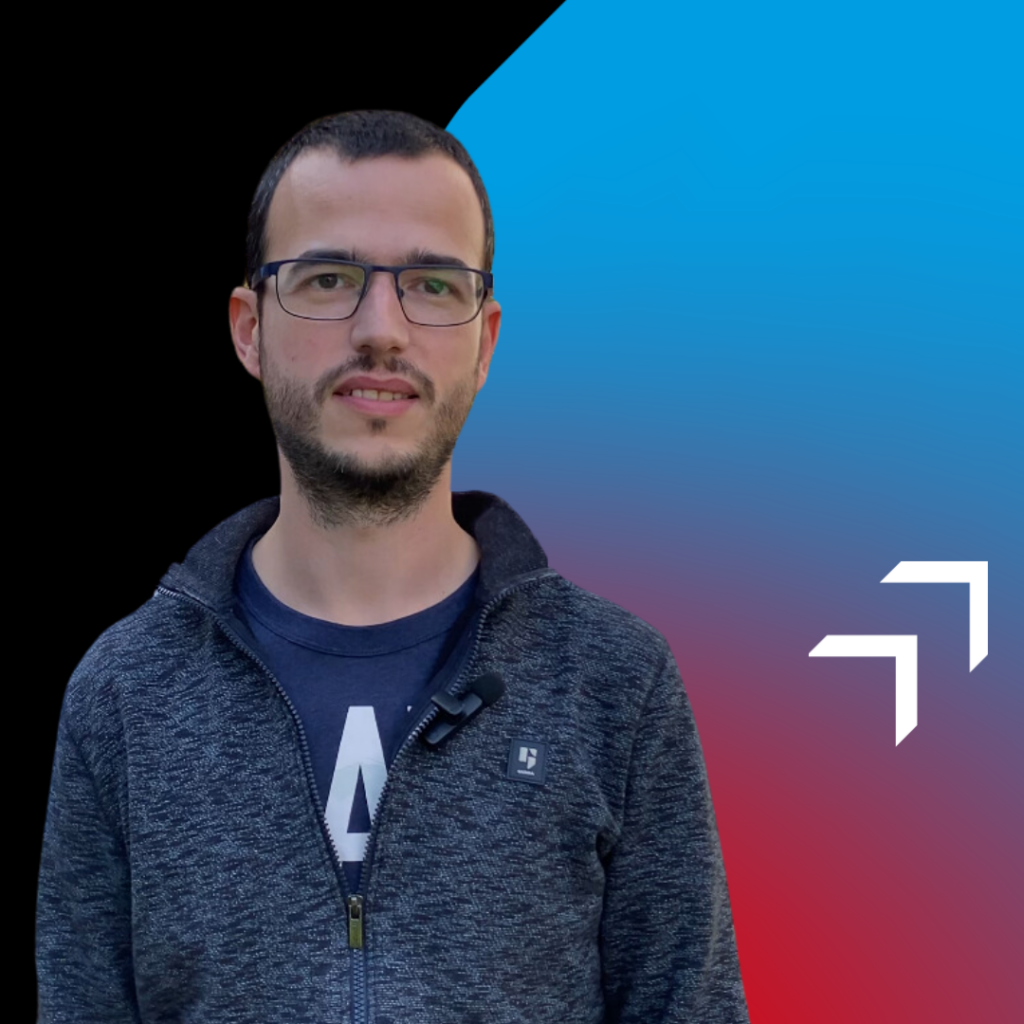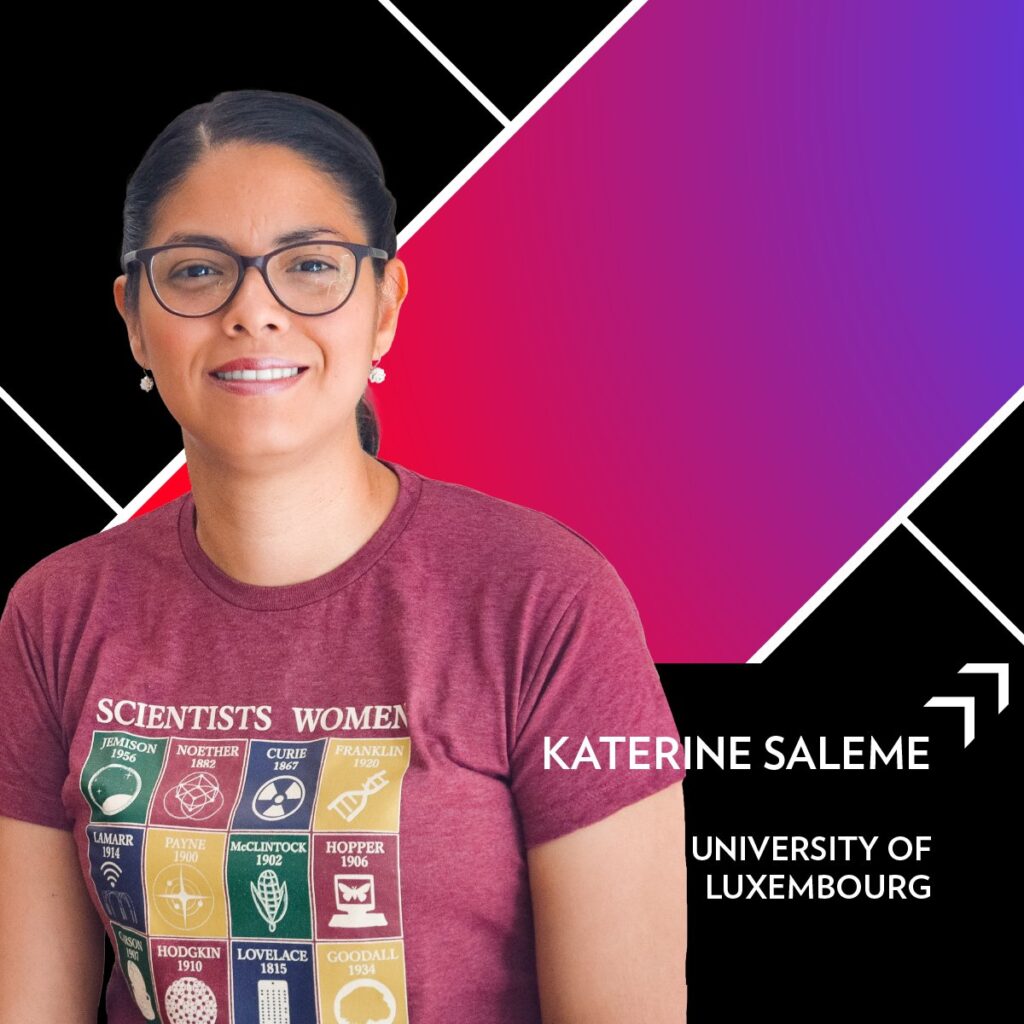In conversation with our young researchers: Nina Buntić
07 April 2023

Psychophysiology
Psychophysiology is the study of the interrelationships between mind and body. Typical psychophysiological measures include heart rate, skin conductance, and skeletal muscle activity.
What are the consequences of the infection with SARS-CoV-2 on the mind and body?
Nina Buntić is a first-year PhD student at the Faculty for Humanities, Education and Social Sciences (FHSE) of the University of Luxembourg. Working in the ‘Brain-Body Interaction’ research group in the Department of Behavioural and Cognitive Sciences (DBCS), Nina’s PhD project called ‘SUMCO’ deals with shared underlying mechanisms of Post-COVID and Chronic Fatigue Syndrome.
More information on ongoing COVID-19 research projects in Luxembourg
Studying COVID-19 effects
Since the beginning of the pandemic, there have been over 300,000 cases of COVID-19 in Luxembourg alone. Some individuals recovering from COVID-19 develop persistent health consequences such as fatigue, myalgia, or post-exertional malaise. “Post-COVID-19-Syndrome” is one of the many terms used to describe the occurrence of respiratory, cardiovascular, neurological, and/or gastrointestinal symptoms weeks after the initial infection is resolved.
Although some symptoms seem to be unique for Post-COVID, there is a large symptom overlap with the condition of myalgic encephalomyelitis/chronic fatigue syndrome (ME/CFS). One popular hypothesis postulates ME/CFS as a post-infectious fatigue syndrome, as up to 50 % of ME/CFS cases develop after a viral infection.
This observation raises a key question: Do Post-COVID and ME/CFS share similarities in underlying pathophysiology, as both conditions seem to occur after viral infections?
As part of her research group, Nina Buntić aims to better understand chronic fatigue in individuals after infection with SARS-CoV-2, i.e. Post COVID-19 Syndrome, and after other viral infections or stressors, i.e. ME/CFS.

I believe that our multidisciplinary approach is needed to fully understand chronic conditions and that the identification of indicators specific to Post-COVID-19-Syndrome and/or ME/CFS will help aid diagnostics and treatment options.
Nina Buntić
If you are suffering from chronic fatigue and are interested in psychophysiological research, please feel free to contact Nina at nina.buntic[AT]uni.lu to learn more about the SUMCO study.
Young Academics Projects
Nina’s project received funding by the Institute for Advanced Studies Luxembourg (IAS) of the University of Luxembourg through the “Young Academics” instrument.
The Institute for Advanced Studies – Luxembourg (IAS) provides funding opportunities and an interdisciplinary environment to attract talented doctoral candidates, who wish to conduct their doctoral research in an interdisciplinary environment within research groups and partners of the University of Luxembourg. The programme is explicitly open to all disciplines, topics and sectors within the academic competences of the University of Luxembourg and is aimed at supporting interdisciplinarity.
Interdisciplinarity is well supported. For example, we can continuously exchange ideas on interdisciplinary community events. Moreover, through supervision by all domain experts related to SUMCO, I have the opportunity to collaborate with different centres and faculties, such as the Luxembourg Centre for Systems Biomedicine (LCSB) or the Faculty for Science Technology and Medicine (FSTM).
Nina Buntić
An interdisciplinary research destination
The German researcher began her studies with a bachelor’s degree in psychology at FernUniverstität Hagen. She then pursued her master’s degree in psychological intervention at the University of Luxembourg in 2019. Before starting her PhD in April 2022, she began training as a psychotherapist at a psychotherapy and psychosomatics clinic. Working with patients with both mental and physical illnesses showed her once again the close connection between mind and body. As such, joining the “Brain-Body Interaction” research group at the University of Luxembourg was a logical step.
Nina Buntić chose Luxembourg as her research destination because it allowed her to conduct bold, interdisciplinary research in a multilingual and multicultural context. While she recognises that undertaking interdisciplinary research so early in her research career can sometimes be challenging, she appreciates the opportunity to strengthen her skills and broaden her horizons in more than one area.

I would recommend Luxembourg as a research destination as it is an albeit young but consistently growing research environment that is mobilising great efforts and resources for innovative research.
Nina Buntić












